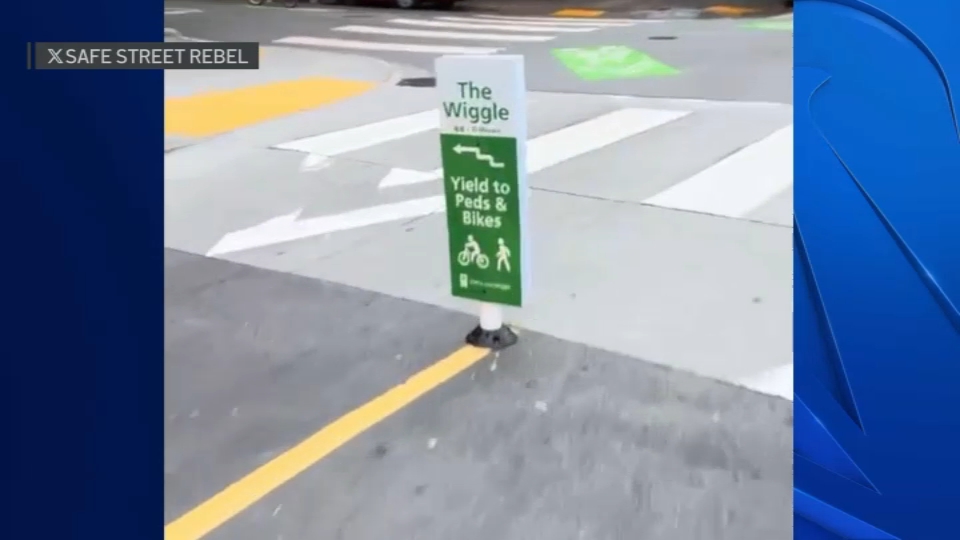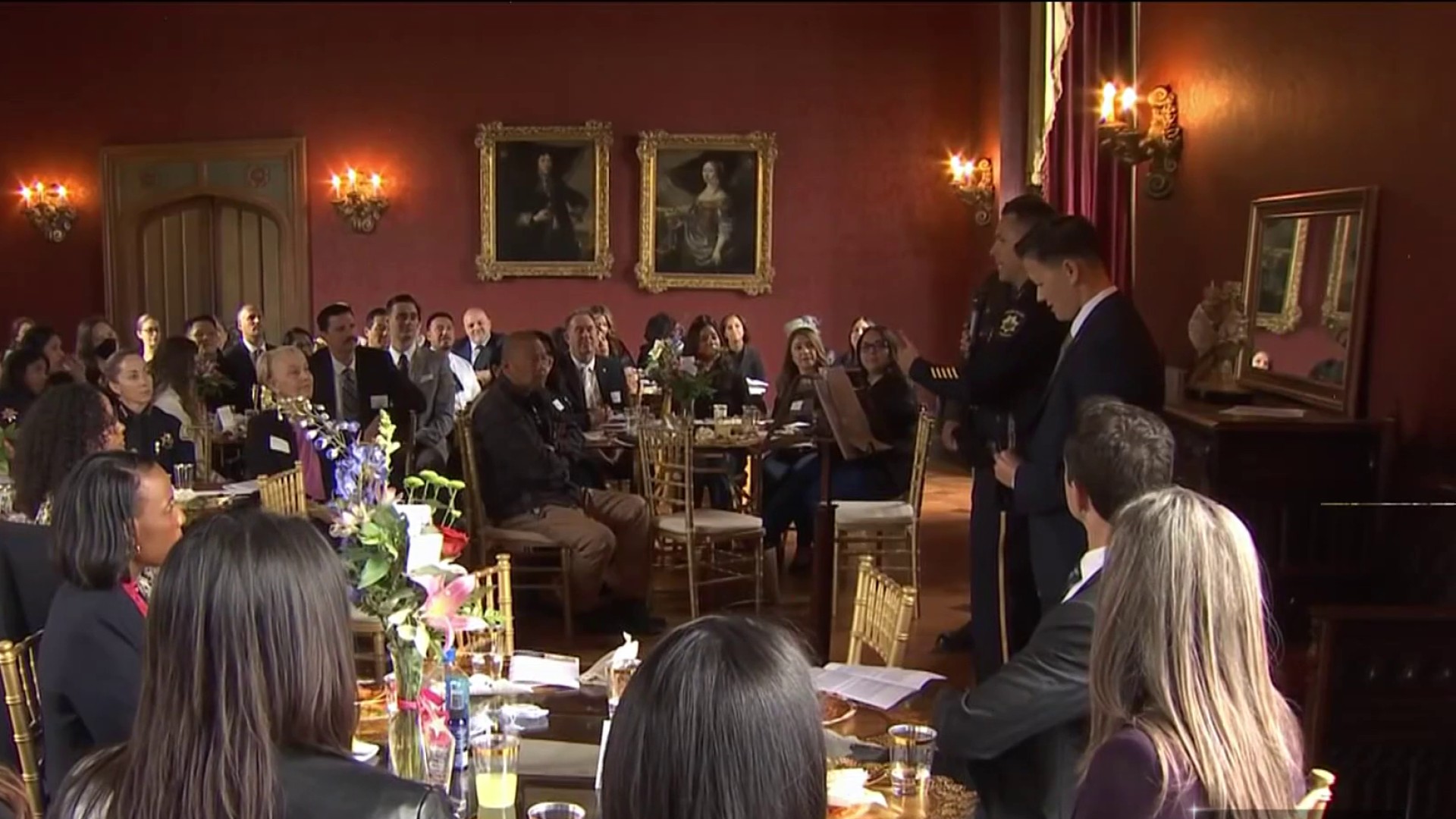The University of California, Berkeley was ordered by the state Supreme Court on Thursday to freeze its undergraduate enrollment at 2020-21 levels, meaning it will have to accept at least 3,000 fewer students than planned for in the upcoming academic year.
The ruling is a victory for some residents of the city of Berkeley, who had sued the university for accepting more and more students without providing enough housing for them, though their lawsuit blocked construction of planned off-campus faculty housing. But it is a major blow to many applicants to the prestigious public university and means millions of dollars in lost tuition.
“This is devastating news for the thousands of students who have worked so hard and have earned a seat in our fall 2022 class,” the university said in a statement. “Our fight on behalf of every one of these students continues.”
As it continues with an appeal, the university said it will have to adhere to the enrollment freeze for now. But it is scrambling to keep its prospective students and will increase online enrollment and also ask new, incoming students to delay enrollment until January 2023.
Get a weekly recap of the latest San Francisco Bay Area housing news. Sign up for NBC Bay Area’s Housing Deconstructed newsletter.
“The lower court order leaves us with options that are far from ideal,” the statement said. “We believe this effort is preferable to drastically reducing the number of offers of admissions and denying so many students a Berkeley education.”
UC Berkeley spokesman Dan Mogulof said the university expects to present its case before the Court of Appeals this summer.
Thursday’s decision is the result of a legal battle with a residents group called Save Berkeley Neighborhoods that sued the university for failing to address the effect of increased student enrollment on housing, homelessness, traffic and noise. The lawsuit was filed under the California Environmental Quality Act, which is commonly used to stall or halt building projects.
Local
In August, an Alameda County Superior Court sided with the Berkeley residents, ordering the university to cap enrollment at its 2020-21 level of just over 42,000 and to suspend construction of a proposed faculty housing and classroom project. The residents said the project, which would have created 150 faculty apartments, failed to plan for the increased noise, traffic and other quality-of-life problems the new buildings would bring.
Freezing the enrollment means that the university would not be able to offer an additional 3,050 seats for incoming first-year and transfer students as planned for the fall of 2022. UC Berkeley says it typically offers admission to about 21,000 first-year and transfer students and about 9,500 of them enroll.
The Berkeley residents say the university should build more housing on its campus and by not having sufficient on-campus housing, students are forced to find low-income alternatives around the city that displace low-income city residents, fuel a problem with homelessness and strain city resources.
The university has said that it stands to lose at least $57 million in tuition by not admitting the additional students.
An appeals court last month denied UC’s request to lift the enrollment freeze as the case continues. The decision prompted Gov. Gavin Newsom to file a friend of the court brief asking the California Supreme Court to block the enrollment cap, saying in a statement that a lawsuit should not “get in the way of the education and dreams of thousands of students who are our future leaders and innovators.”
Thursday’s decision leaves intact the a lower court’s order and rejects the university’s request to lift the enrollment cap while it appeals the original lawsuit by the neighborhood group at the Court of Appeals.
Writing in dissent of Thursday's 4-2 decision, Associate Justice Goodwin Liu lamented that roughly 3,050 students could lose the opportunity to attend one of the top universities in the country because of “an environmental lawsuit." He urged the university to renew its request for a stay at the Court of Appeals and urged the two sides to engage in negotiations or mediation to solve the dispute quickly.
An outpouring of support for the university came from lawmakers, including Assemblyman Phil Ting, a San Francisco Democrat and UC Berkeley alum.
“I know personally how life changing it can be to attend UC Berkeley,” Ting said. “I have been in contact with UC leadership, and the Legislature is exploring a variety of options.”
California Sen. Scott Weiner called it “tragic that California allows courts and environmental laws” to determine the number of students at a top university like UC Berkeley. ”“We must never allow this to happen again. We must change the law. And we will.”



